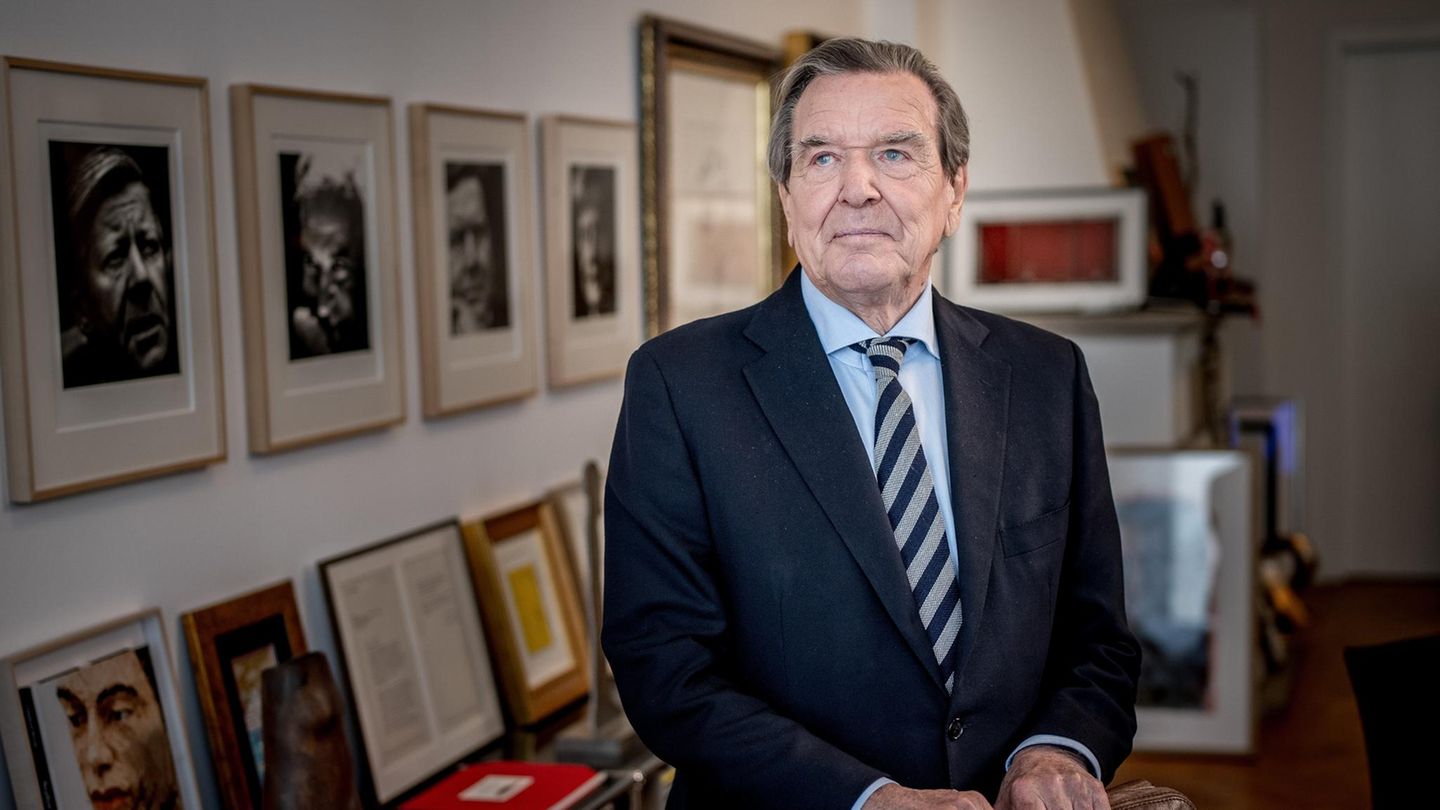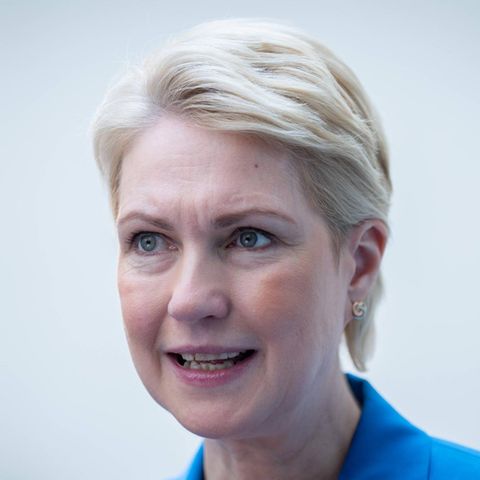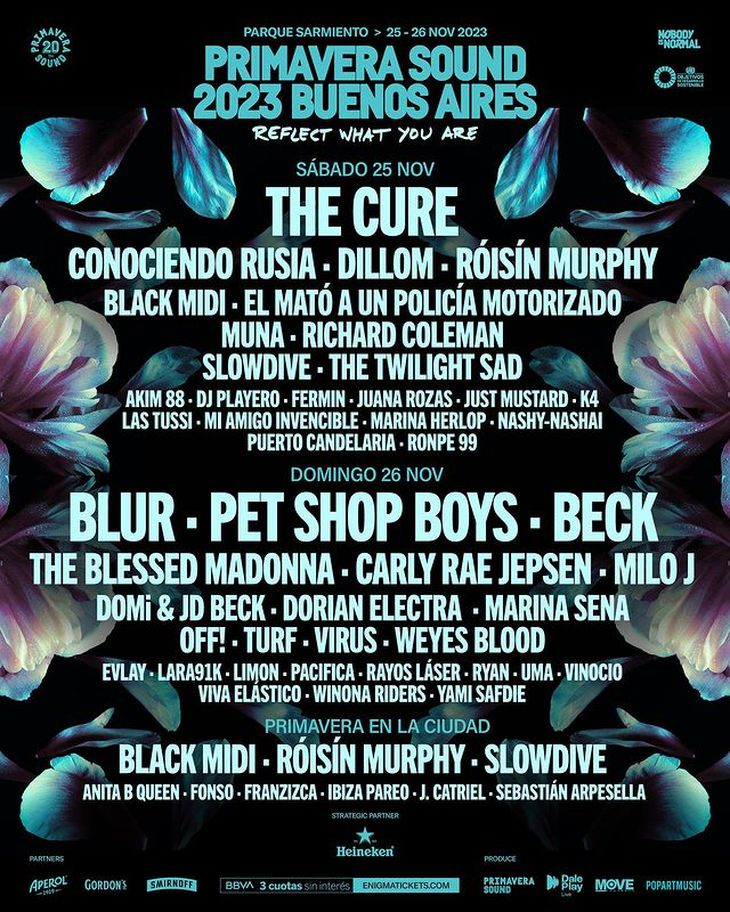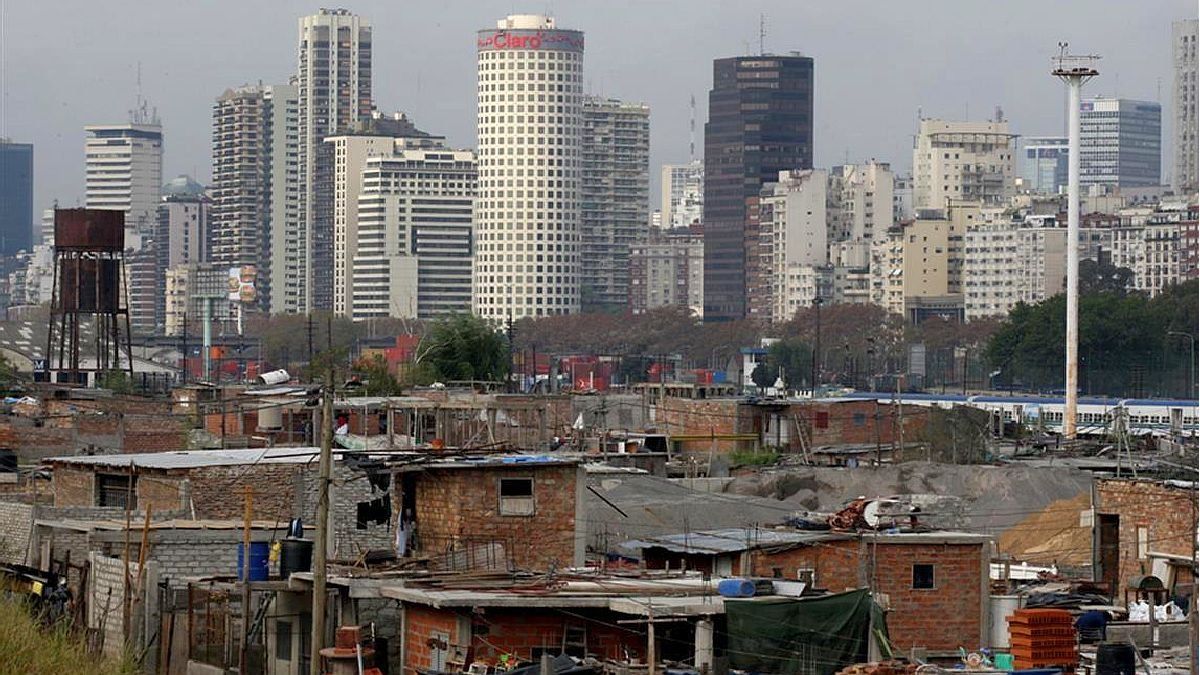Gerhard Schröder’s interrogation
“What kind of weird questions are you asking?”
Copy the current link
Add to watchlist
Former Chancellor Gerhard Schröder testifies in the Schwerin Nord Stream investigative committee. He remembers little. Nevertheless, the meeting is quite turbulent.
After almost half an hour, Gerhard Schröder becomes annoyed for the first time: “What kind of strange questions are you asking?” he calls out to a member of parliament. A few minutes later, the former Chancellor said that things were now “gradually getting ridiculous.” And a little later he had enough: “Mr. Chairman, can you stop this nonsense now?”
Every now and then it looks as if the questioning in the Nord Stream investigative committee of the state parliament of Mecklenburg-Western Pomerania could come to a quick end due to the witness’s growing listlessness. But then it goes on and on, lasting a total of more than two and a half hours – not really productive in the matter, but very confrontational at times. And occasionally entertaining too.
Gerhard Schröder: Statement via video
This committee is about that Mecklenburg-Western Pomerania Climate and Environmental Protection Foundation, which was founded in 2021. It should make it possible to circumvent any US sanctions against Nord Stream 2 and thus complete the construction of the natural gas pipeline through the Baltic Sea. The MPs want to clarify who had the idea for the foundation, what influence Russia and the Gazprom Group had and who was involved on the German side. In other words: it’s a question of whether Manuela Schwesig (SPD) and their then red-black state government willingly submitted to the interests of Russia and the Gazprom group.
Friday morning in the Schwerin state parliament: This is the third attempt to question Schröder in the committee. He canceled his first attempt at short notice for health reasons. The second appointment was canceled because the ex-chancellor was on sick leave due to burnout. Schröder has now agreed to testify via video.
At 10:02 a.m. you can see an older man in a white T-shirt and a dark blue jacket on the large monitor in the meeting room. “Good morning, Mr. Schröder,” says the chairman. “Hello,” it roars back from Hanover. Photos of Schröder on the monitor are not permitted.
In the background you can see some art objects on a black chest, to the left on the floor there is a picture leaning against a stele, two figures stand on a white base, one of them carries a globe on his shoulder. It is the office of the lawyer Schröder in Hanover, who is still chairman of the board of directors of Nord-Stream-2-AG 2.
The video image is not completely sharp. It is not clear how Schröder’s health is. He seems serious, but at the moment still friendly. After checking his personal details, the 81-year-old makes a statement in a firm voice. On the general background, he just wanted to say that Germany had to increasingly use other forms of energy because of the nuclear phase-out. The hard coal was harmful to the climate, which is why gas deliveries from Russia were expanded. “We got environmentally friendly gas at reasonable prices.” That was in Germany’s interest, says Schröder, and he will later make it clear that, in his view, that still applies today. The ex-chancellor doesn’t need two minutes before he says: “I look forward to your questions.” This joy won’t last too long.
“Merkel has successfully continued my policy”
First of all, it’s about his successor in the Chancellery. Angela Merkel, says Schröder, has “committedly and successfully continued” her gas policy. To this end, he “had helpful conversations with the Russian President” twice. He and Merkel, who did her job “excellently,” have no personal problems with each other. “Why should we?”
The focus of interest, however, is Manuela Schwesig and her role in founding the foundation. Schröder makes no secret of the fact that he considered the foundation to be “a very sensible idea” because it would allow possible American sanctions to be avoided. He thought that was right, “because it is not the Americans’ place to interfere in our energy policy.” The USA was keen to sell fracked gas. “But we didn’t want that.”
What is certain is that there were several meetings and phone calls between Schwesig and Schröder in his role as chairman of the board of directors. The ex-chancellor thinks it’s completely obvious, but says he can’t remember the details. He often spoke to Schwesig, about whom he could say that she was and is a competent and “extraordinarily pleasant and very friendly person.”
The longer the investigation takes place, the more stubborn the witness becomes. They once met at a concert on the Baltic Sea. That was very nice.
“Did you talk to Ms. Schwesig about the pipeline that evening?”
“I listened to the music and didn’t speak.”
A deputy wants to know who later attended the dinner. “Can you explain to me the meaning of this question about who I had dinner with that evening?” Schröder rumbles back. “I can safely say that I ate that evening.”
The longer the session, the more stroppy the witness
Another time the questions revolve around a phone call with Schwesig that was noted in her calendar. “I don’t know him,” Schröder snaps. He also doesn’t remember who he spoke to on the phone that day. “Who in your circle remembers who he spoke to on the phone back then?”
The fundamental problem with this survey is that Schröder does not want to see anything reprehensible in the network of relationships between Gazprom, Nord Stream, the state of Mecklenburg-Western Pomerania, its Prime Minister and ultimately the foundation. He thinks it’s okay that the country had contacts with Russia, economic relations, sponsorship. He doesn’t see any form of corruption. When it comes to the question of who paid the bill for dinner, Schröder replies: “What are you trying to imply? Do you really believe that I can be bribed with dinner?”
Schröder tries to be present, but he doesn’t always succeed. Sometimes he just has difficulty hearing, “even though I have my hearing aid on,” as he says. When a member of parliament brings up rumors, Schröder asks: “What? Boils?”. But he also confuses some things: his jumps between his time as chancellor and his time as a Nord Stream man are sometimes confusing. At one point he praised the good cooperation with Helmut Kohl’s federal government. And he constantly demotes his social democratic party colleague Erwin Sellering to economics minister. But Sellering was Prime Minister, Schwesig’s predecessor and later chairman of the board of the environmental foundation.
Gerhard Schröder doesn’t want to appear as Putin’s henchman
When it comes to himself, however, Schröder appears remarkably precise and sensitive – and quick to react. When a Green MP asks whether Putin had given him the order to help build Nord Stream 2, he immediately interrupts and asks: “What do you mean by the word order? What do you mean by that?”. Obviously, Schröder definitely does not want to be portrayed as the Russian president’s henchman.
In the end, the meeting ends in a duel between Green MP Hannes Damm and Schröder. For almost an hour, Damm asks for details that Schröder no longer remembers. The former Chancellor repeatedly complains that a question has nothing to do with the subject of the investigation and demands that the chairman intervene. He also answers some questions quite rustically: “That’s none of your business.” He is particularly sensitive to questions that establish a connection between Nord Stream 2 and Russia’s war against Ukraine. Schröder complains that he is not here “to discuss the political views of any MP.”
It was actually agreed to take a break after an hour out of consideration for Schröder. “I don’t need a break,” Schröder growls when reminded. The chairman closes the meeting at 12.40 p.m. Some people in the room shake their heads. Schröder looks satisfied.
Source: Stern
I have been working in the news industry for over 6 years, first as a reporter and now as an editor. I have covered politics extensively, and my work has appeared in major newspapers and online news outlets around the world. In addition to my writing, I also contribute regularly to 24 Hours World.





